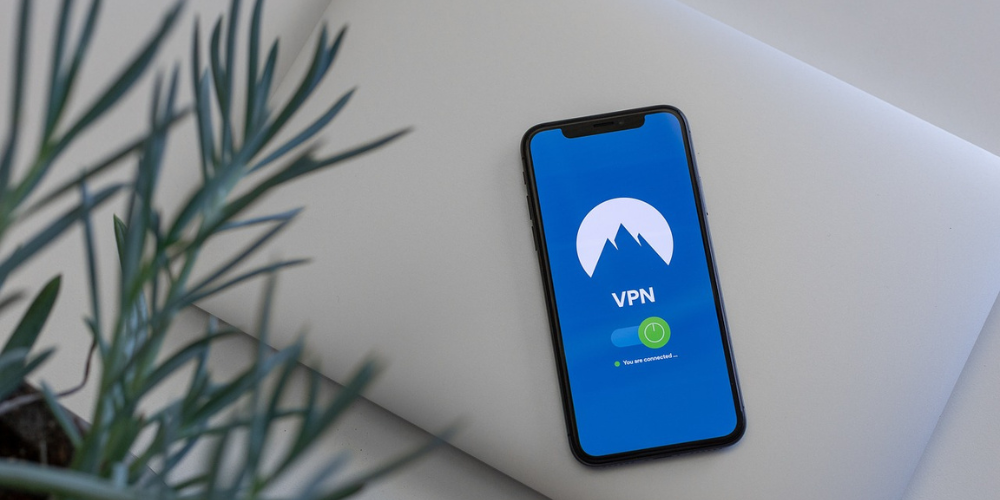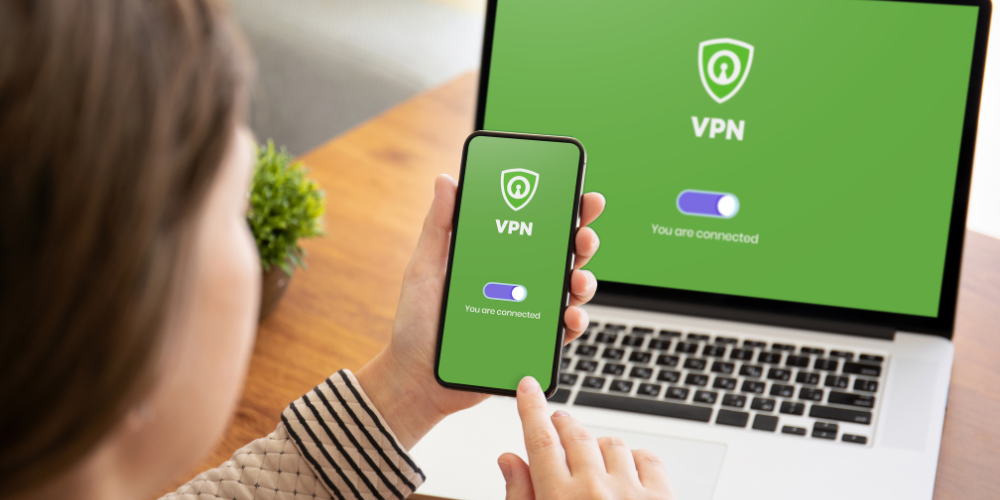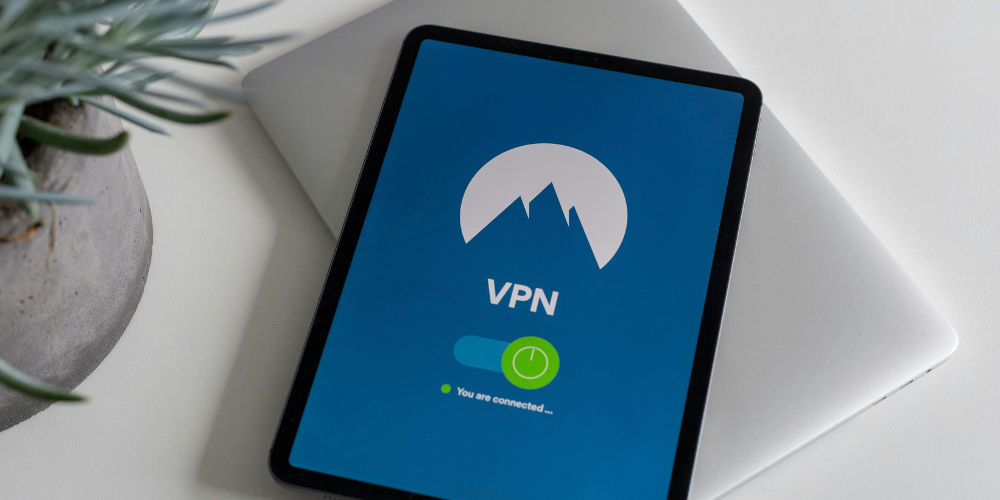Securing Your Online Presence: Utilizing VPNs and Secure Browsers
Oct-06-2024

The digital age has brought convenience and accessibility to information at our fingertips, but it has also introduced vulnerabilities. Protecting your online privacy has never been more critical. This guide will walk you through using Virtual Private Networks (VPNs) and secure browsers to help maintain your privacy while navigating the vast online landscapes.
Why Online Privacy is Important
In today’s interconnected world, personal information has become a hot commodity. With the rise of online services, social media, and e-commerce, vast amounts of personal data are being exchanged and stored across the internet. This data can be susceptible to breaches, identity theft, and other cybercrimes. Therefore, ensuring your privacy online is essential for peace of mind and security.
Maintaining online privacy also prevents unauthorized surveillance and data tracking. With countless entities vying for your data, including marketers, cybercriminals, and even governments, protecting your personal information helps keep your digital footprint to a minimum.
Understanding VPNs and Their Importance

A VPN acts as a protective shield for your internet connection. It encrypts your data, effectively camouflaging your online activities from prying eyes. When you use a VPN, your internet traffic is rerouted through a secure server, masking your IP address and providing anonymity. This encryption is crucial for securing your personal information, especially when using public Wi-Fi networks.
VPNs also provide benefits such as bypassing geo-restrictions and censorship. They allow you to access content that may be unavailable in your region and give you the freedom to browse the internet with fewer limitations. This freedom ensures a more open and less restricted internet experience.
Choosing the Right VPN for You
With numerous VPN services available, selecting the right one can be daunting. Key factors to consider include encryption protocols, server locations, speed, and logging policies. Look for a VPN with strong encryption, a no-logs policy, and a broad range of server locations to ensure optimal privacy and performance.
It is also important to evaluate the ease of use and customer support provided by the VPN service. A user-friendly interface and responsive customer support can make your VPN experience seamless and efficient, saving you time and hassle.
The Role of Secure Browsers in Online Privacy

Browsers are your gateway to the internet, and using a secure browser plays a significant role in safeguarding your privacy. Secure browsers are designed with privacy-focused features that block tracking scripts, cookies, and ads that could compromise your privacy.
Browsers like Tor and Brave offer enhanced security options. Tor uses a network of servers to anonymize your browsing, whereas Brave blocks trackers by default, preventing data collection and making it harder to profile and target you.
Features to Look for in a Secure Browser
When selecting a secure browser, prioritize those that offer robust privacy settings, frequent updates, and support for third-party privacy extensions. These features help ensure your browsing experience remains secure and is protected against the latest threats and vulnerabilities.
Additionally, a secure browser should have a user-friendly interface and customizable settings that allow you to adjust privacy parameters according to your specific needs. This flexibility ensures a personalized browsing experience without sacrificing security.
The Importance of Regularly Updating Your Software

One of the simplest yet most effective ways to protect your online privacy is by keeping your software up-to-date. Regular updates ensure your security software, operating system, and applications are equipped with the latest protections against threats.
Neglecting updates can leave your devices exposed to potential breaches.
Utilizing Additional Privacy Tools and Practices
Beyond VPNs and secure browsers, various tools and practices can further enhance your online privacy. Start by using strong, unique passwords for each account, and consider employing a reputable password manager to store and generate complex passwords securely.
Two-factor authentication (2FA) adds an extra layer of security by requiring a second form of verification, such as a code sent to your phone. Additionally, being aware of phishing attempts and suspicious links can protect you from inadvertently sharing personal information with malicious entities.
Educating Yourself and Staying Informed
Lastly, educating yourself on online privacy practices and staying informed about potential threats is invaluable. Follow reputable cybersecurity blogs, read articles, and attend workshops to stay current on the evolving digital landscape.
Being proactive in your education and awareness is a powerful step toward protecting your personal information in the digital realm.







